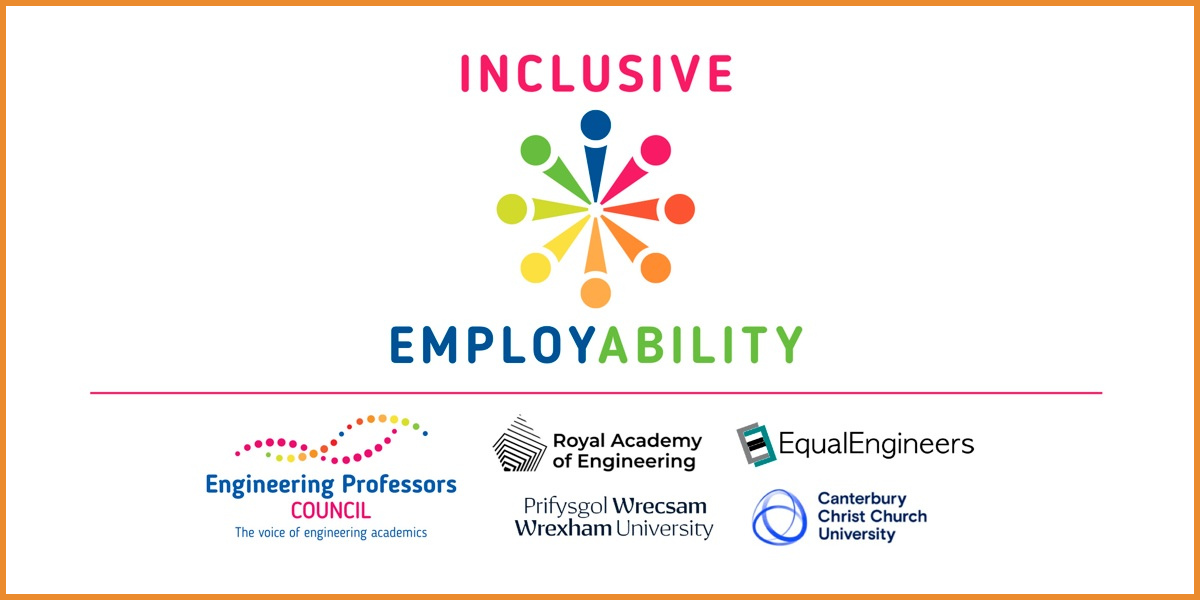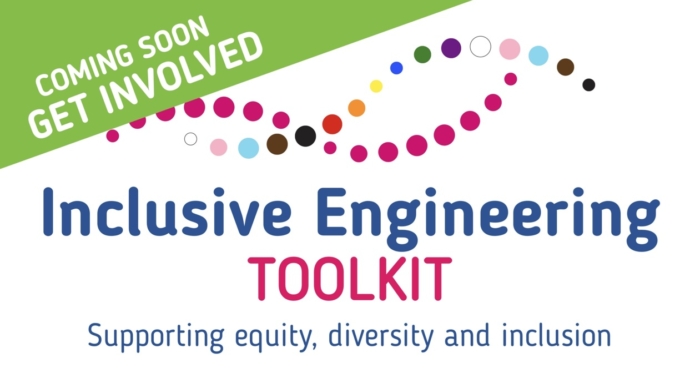
Objectives: Networking is an important career tool as it enables you to:
- Access opportunities: Connect with potential employers, mentors, and industry insiders.
- Gain insights: Learn about industry trends, job openings, and best practices.
- Build relationships: Establish mutually beneficial connections that can lead to collaborations and referrals.
- Enhance visibility: Increase your presence in your field, making you more recognisable and credible.
- Develop skills: Improve your communication, interpersonal, and professional skills through interactions.
- Receive support: Gain advice, encouragement, and guidance from a network of peers, academics, and professionals.
Introduction: Networking is a vital career skill that helps you access opportunities, build meaningful connections, and grow professionally. This activity explores how strategic networking – especially for underrepresented students, can enhance visibility, open doors, and foster resilience in STEM fields. Through real stories and practical guidance, you’ll learn how to develop social capital, navigate professional spaces, and promote inclusivity in your industry journey.
Topic: Building social capital: networking strategies for underrepresented students in STEM
Keywords: Equity, Diversity and Inclusion; Students; Job or career impact; Early Careers; Engineering professionals; Apprenticeships or Work based learning; Mentoring; Personal or professional reputation; Social responsibility; Corporate Social Responsibility; Higher Education Institutions; Gender; Networking; STEM.
The importance of networking and inclusivity in the industry
In the video below, Donna Otchere discusses her path from engineering graduate to PhD student, stressing the importance of networking and promoting inclusivity in the industry.
Video summary:
Donna Otchere shares her journey from engineering graduate to PhD student, emphasizing the importance of networking and inclusivity in the industry.
Key insights:
🎉 Networking is a vital skill: Donna highlights that networking isn’t just about professional connections; it’s about forming friendships and support systems that can enhance career growth.
💪 The power of resilience: Rejection in networking is normal and should be viewed as a stepping stone rather than a setback, encouraging a mindset of perseverance.
🌟 Utilise online platforms: Leveraging LinkedIn and other online resources can significantly expand one’s professional network and visibility in the industry.
🤗 Community involvement is key: Engaging with communities focused on shared interests fosters a sense of belonging and opens doors to new opportunities.
🎯 Goal-oriented networking: Having a clear objective when attending networking events can lead to more meaningful interactions and outcomes.
🌈 Importance of diversity: Diverse teams bring various perspectives, which are critical in engineering problem-solving, thus promoting inclusivity in the field.
🛠️ Engineering is for everyone: Donna stresses that engineering is a universal field where everyone, regardless of background, can thrive and contribute.
Stories of resilience in STEM
Explore the inspiring stories of Black and Latinx STEM professionals at the Broad Institute who overcame systemic barriers through mentorship, resilience, and strategic networking. These narratives highlight the challenges and the power of diversity in driving success and innovation in science.
Building social capital for underrepresented students
Social capital is the ability to build networks and relationships to enhance educational, career, and business opportunities. For underrepresented students, building social capital is crucial to you accessing opportunities and advancing your career.
Video summary:
Our Cultivating Connections Centre defines social capital as access to resources and relationships to help students achieve their goals, alongside educating them on mobilising these assets.
Key insights:
🌍 Access to resources: Students who can tap into various resources have a greater chance of pursuing their educational and career goals. This access is foundational in creating opportunities.
👥 Importance of relationships: Building strong relationships is essential for students. These connections can provide support, advice, and opportunities that enhance their learning journey.
📖 Educating on mobilisation: It’s not enough to have resources; students must learn how to effectively mobilise these assets. This knowledge is vital for achieving long-term success.
🎯 Goal achievement: The combination of access to resources and the ability to mobilise them is what enables students to reach their aspirations, making both aspects equally important.
🛠️ Providing tools: The Centre plays a crucial role in equipping students with the necessary tools to navigate their social capital, ensuring they can leverage their networks effectively.
🌱 Fostering growth: Social capital is not just about immediate access; it fosters long-term personal and professional growth, helping students adapt and thrive in various environments.
🔑 Empowerment through knowledge: Educating students about social capital empowers them, allowing for greater agency in their educational and career journeys, ultimately leading to more fulfilling outcomes.
Navigating microaggressions in professional settings
How do you identify and challenge microaggressions safely and effectively. This essential skill not only aids in protecting one’s dignity and mental health, but also promotes a more inclusive and respectful professional environment for all. Discover practical tools and strategies at Body Swaps: Let’s Talk About Race.
Career support for ethnic underrepresented students
Access tailored support for ethnic underrepresented students seeking professional development and networking. Utilise our University Career Services Library to identify your institution’s career services and explore comprehensive resources for skills training, career advancement, building a supportive professional network and more.
This work is licensed under a Creative Commons Attribution-ShareAlike 4.0 International License.
Any views, thoughts, and opinions expressed herein are solely that of the author(s) and do not necessarily reflect the views, opinions, policies, or position of the Engineering Professors’ Council or the Toolkit sponsors and supporters.
Please note: Discussions around discrimination, prejudice and bias are highly complex and part of a much wider national and international debate, including contested histories. As such, we have limited the scope of our resources to educating and supporting students.
The resources that the EPC and its partners are producing in this area will continue to expand and, if you feel there is an issue that is currently underrepresented in our content, we would be delighted to work with you to create more. Please get in touch.




